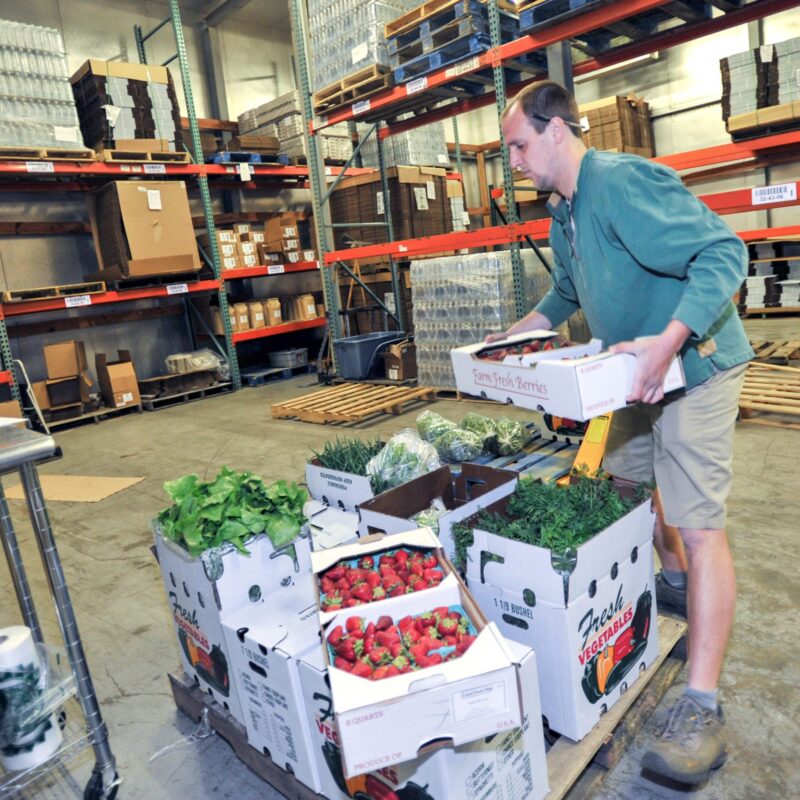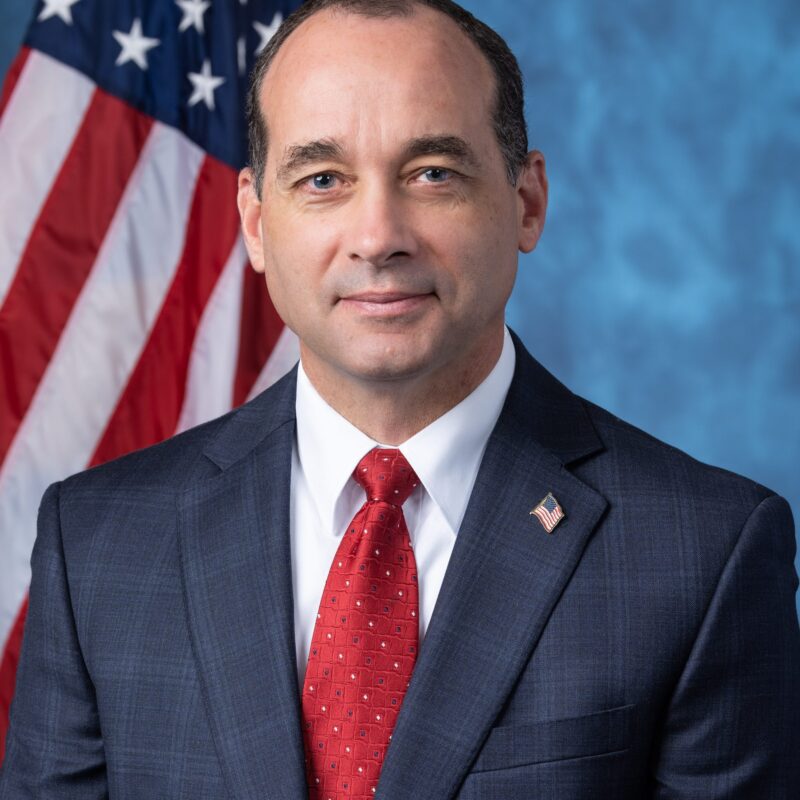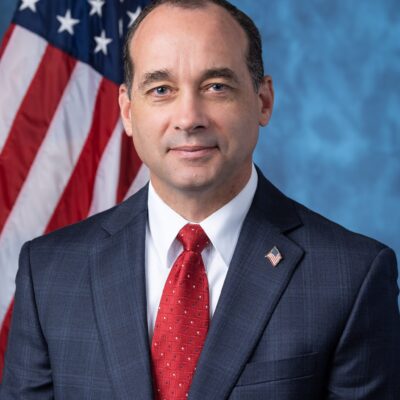How did our elected officials fare in the General Assembly session that ended February 27? Here’s a snapshot of some of what local legislators got passed that’s awaiting the governor’s signature.
Delegate Rob Bell (R-58th)
Tebow bill: Maybe the sixth time is the charm, because Bell’s bill that allows home-schooled kids to play in public school sports finally passed both houses of the General Assembly and Governor Terry McAuliffe has until March 30 to sign it.
Campus sexual assault: Bell’s bill, which absorbed several others, mandates that a panel examine reports of assault and share it with local law enforcement—even if the school decides to withhold identifying information. It also requires schools to connect survivors with independent third-party support services.
S. Daniel Carter, director of the 32 National Campus Safety Initiative, said the legislation is unprecedented in the U.S., and while he’s glad to see the commitment to survivor support, he said he fears the bill will actually result in fewer campus rape prosecutions.
“Taking away the control from a sexual assault survivor will have a chilling effect on reporting, and absent a cooperating witness, most prosecutors are unlikely to pursue a case,” he said.
Prostitution recruitment: Another Bell bill makes it a Class 6 felony.
Delegate Matt Fariss (R-59th)
Antique cars: They have newly relaxed emissions standards.
Forest products: Farriss’ bill revises how wood is taxed.
Industrial hemp: Fariss is chief co-patron on this bill that allows licensed hemp cultivation for university research projects.
Delegate Steve Landes (R-25th)
Social security numbers: Public schools can’t use them as ID numbers.
Uniform course credit: The State Council of Higher Education for Virginia must establish uniform credits for high schoolers entering college with AP and other credits rather than allow individual institutions of higher education to come up with their own.
Blood testing: School employees who come in contact with a minor’s bodily fluids have to get parental or court consent before the student’s blood can be tested.
Porn in prisons: Prohibited.
Delegate David Toscano (D-57th)
DNA collection for a handful of misdemeanors: Toscano’s original bill had 99 crimes, which were whittled down to 13 in the version that passed.
Transcript notation: Sexual misconduct goes on your permanent record to prevent alleged sexual predators from transferring to another college, as accused Hannah Graham murderer Jesse Matthew did.
Tangible personal property: Taxpayers may estimate the value of property under $250 rather than list it.
Senator Creigh Deeds (D-25th)
Affordable housing: Deeds’ bill raises the maximum income level to qualify in Charlottesville from 60 to 80 percent of the area’s median income.
Food allergies: Restaurants will have to post information about the risk of allergic reactions.
Psych bed registry: Governor McAuliffe already signed this bill requiring acute psychiatric facilities to update the availability of beds in real time—a problem that ended tragically when Deeds tried to find a bed for his own son in November 2013.
Senator Bryce Reeves (R-17th)
Autocycles: They’re exempt from state emissions inspections—and they get personal property tax relief.
Double yellow line: If there’s a pedestrian, stopped vehicle or poky driver going less than 25 mph, it’s O.K. to pass on the double yellow.
Senate district adjustments: Reeves’ bill that swaps Albemarle County precincts and which critics say make his district safer, awaits the governor’s signature.





